
Conjugating the Irregular Verb Fare (To Do) YouTube
Conjugation Italian verb fare 2nd conjugation verb - fare is transtive, intransitive (avere auxiliary) fare to the pronominal form : farsi fare feminine Translation fare fare to do Indicativo (Indicative) Presente (Present) io f o/accio tu f ai lui f a noi f acciamo voi f ate loro f anno Passato prossimo (Present perfect) io ho f atto
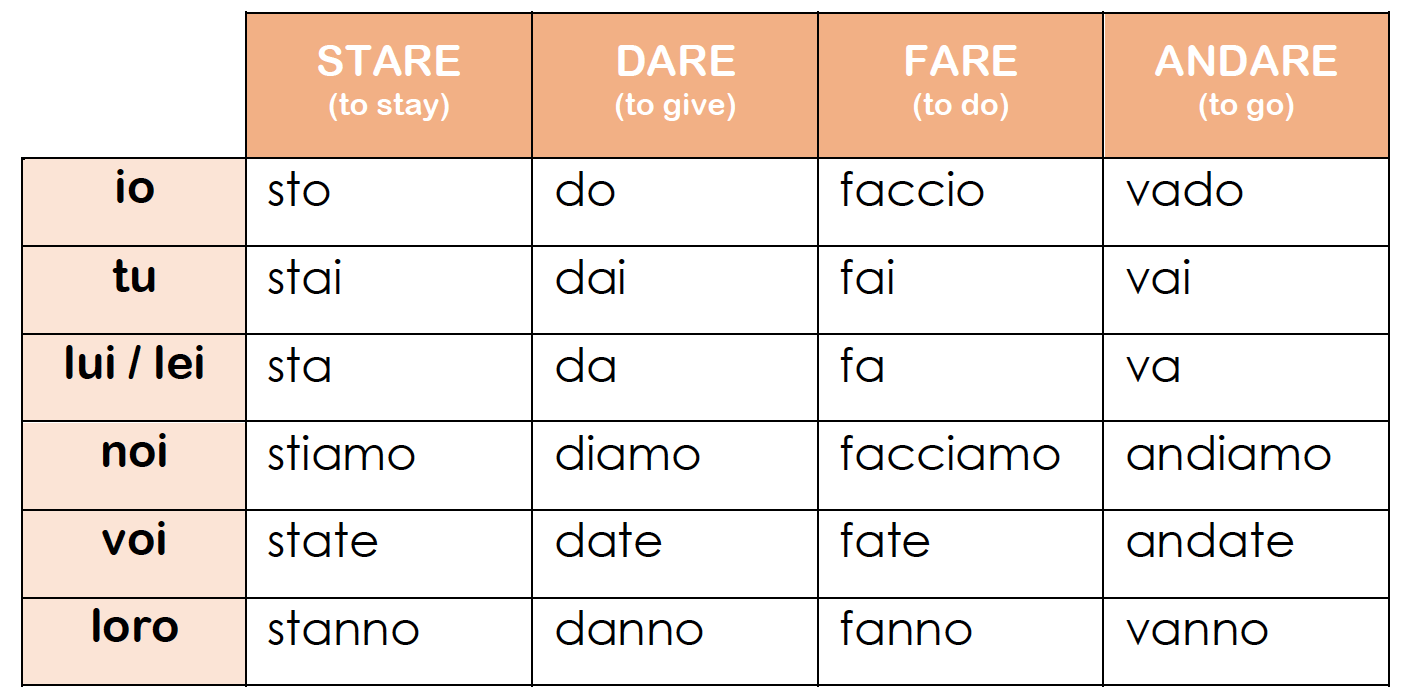
More on Italian irregular verbs in present tense — Cuore italiano
The verb "fare" (to do, to make) is undoubtedly one of them. "Fare" is part of numerous expressions you may have already encountered in everyday Italian and in this article, we're going to introduce to you the most popular ones, valid for every occasion. The essentials are, of course, the verbs you use to describe your daily routine.

List of common and basic Italian verbs Parlando Italiano
Imperfetto (Imperfect): Used to describe habitual actions or ongoing actions in the past. Future Tense: Used to express actions or events that will occur in the future. Using Fare in Everyday Expressions: Profession and Leisure Time: "Fare" is commonly employed to discuss one's profession, leisure activities, and interests.

Verbo fare Parole inglesi, Inglese, Tedesco
Fare - Verb conjugation in Italian. Learn how to conjugate fare in various tenses. Present: io faccio, tu fai, egli fa.
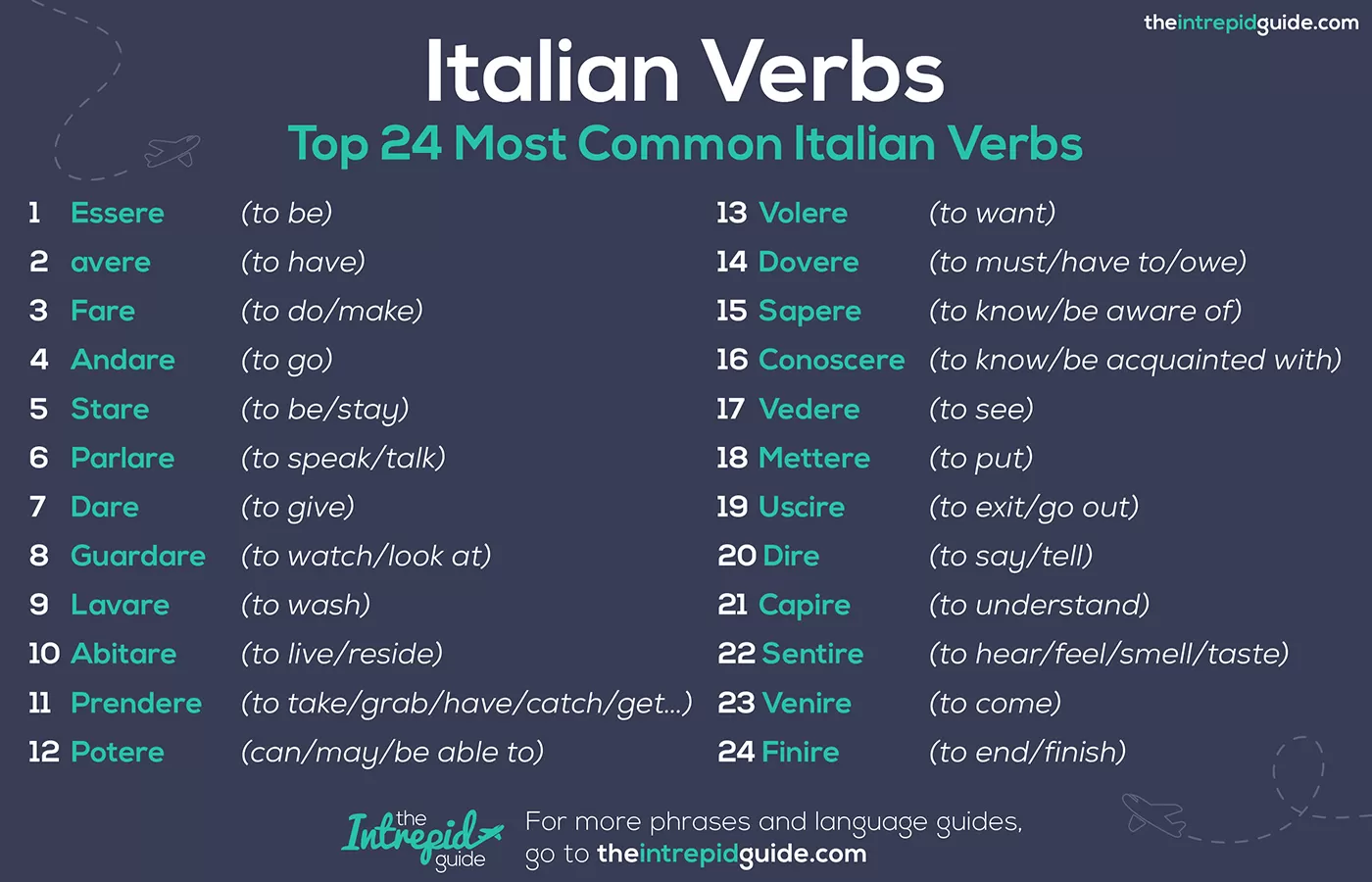
Top 24 Most Important Verbs in Italian (Plus PDF CheatSheet & Quiz) (2022)
The verb fare, which in English means to make, do, prepare, execute, or carry out—say, make your bed or do your homework or make pasta—is one of the richest, most versatile verbs in the Italian language.

VERB FARE Italian conjugation *10 SUPER COMMON EXPRESSIONS* YouTube
Fare is an Italian irregular verb meaning to do. Fare appears on the 100 Most Used Italian Verbs Poster as the 4th most used irregular verb.Fare Conjugation: Present Tense io faccio tu fai lui/lei fa noi facciamo voi fate loro fanno *Irregular forms in bold.Fare Passato ProssimoThe passato prossimo of Fare is formed by

6 ITALIAN IRREGULAR VERBS + EXPRESSION WITH THE VERB "FARE" Italian
Master the use of the Italian verb "fare"! Learn how to use the verb "fare" in your daily Italian conversations with ease via Busuu's free online courses today! Start learning for free Present tense - indicativo presente

Italian grammar Who need's help?
Fare is one of the most common and useful Italian verbs and has irregular conjugations in just about every tense and mood. Fare literally means "to do" or "to make" and in the present tense is generally used just like these English verbs. Fare = to do / to make Fare can mean either "to do" or "to make."

Image result for italian conjugations chart Italian verbs
Fare is one of the most versatile Italian verbs. If you type it on an online translator, it will probably just tell you that it just means " to make " or " to do ". But think about it: these are both phrasal verbs. You understand where this is going, right? Yeah: although it's hard to list every meaning of fare, today we're going to give it a shot.

Futuro semplice Italian grammar Imparare l'italiano, Istruzione, Italia
The verb FARE is used a lot in everyday conversations and it has several meanings. Plus, the verb FARE can be found in many common Italian expressions. Let's understand how to conjugate it, what it means, and all the expressions that contain the verb FARE in it!
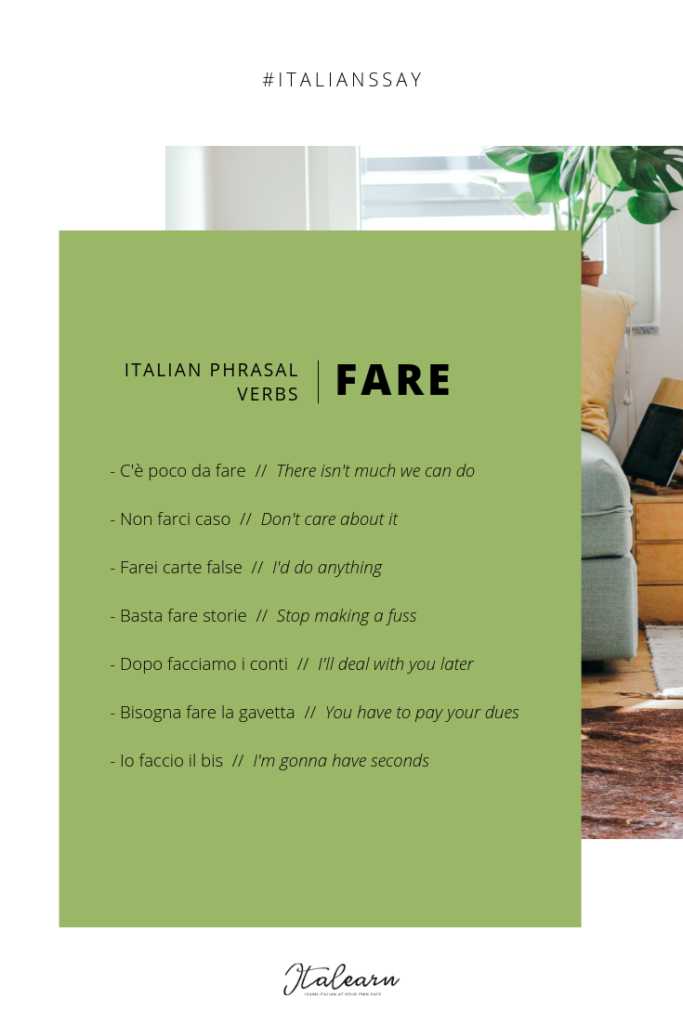
Download ITALEARN
Translations. cast, to perform, bring forth a magical spell or enchantment. make, to construct. act, to behave in a certain way.
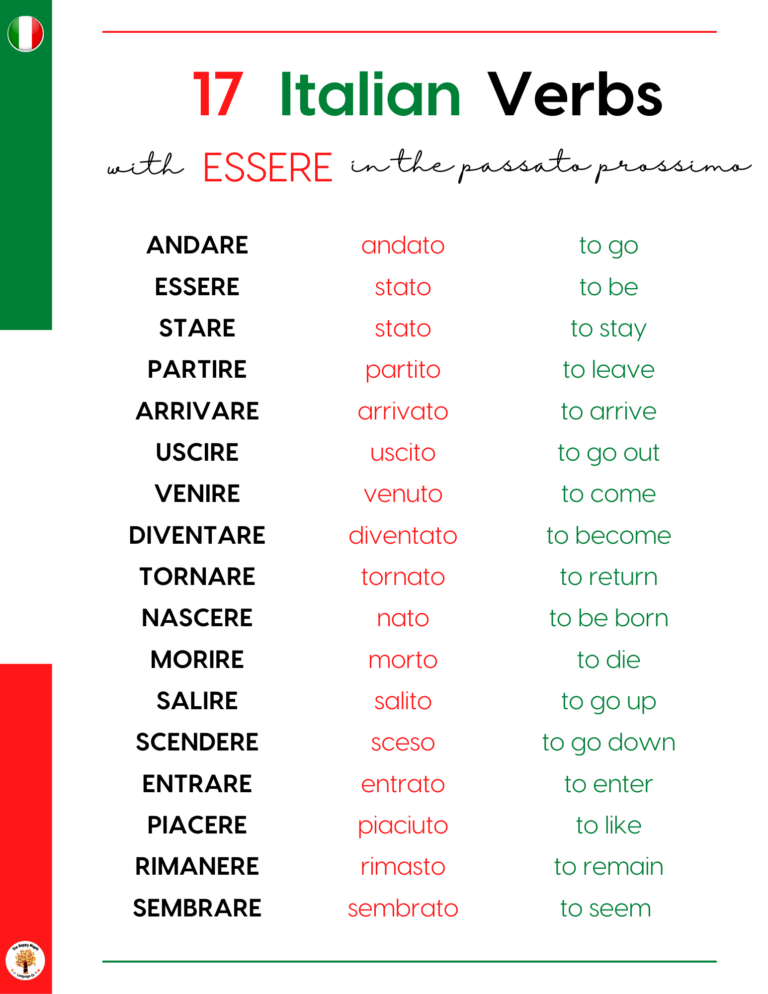
The Italian Verb Files Essere The Happy Maple Language Co
To perform To create What to Know About "Fare" It's an irregular verb, so it doesn't follow the typical -ere verb ending pattern. It can be both a transitive verb, which takes a direct object and an intransitive verb, which does not take one when conjugated with the auxiliary verb " avere ". The infinito is "fare".
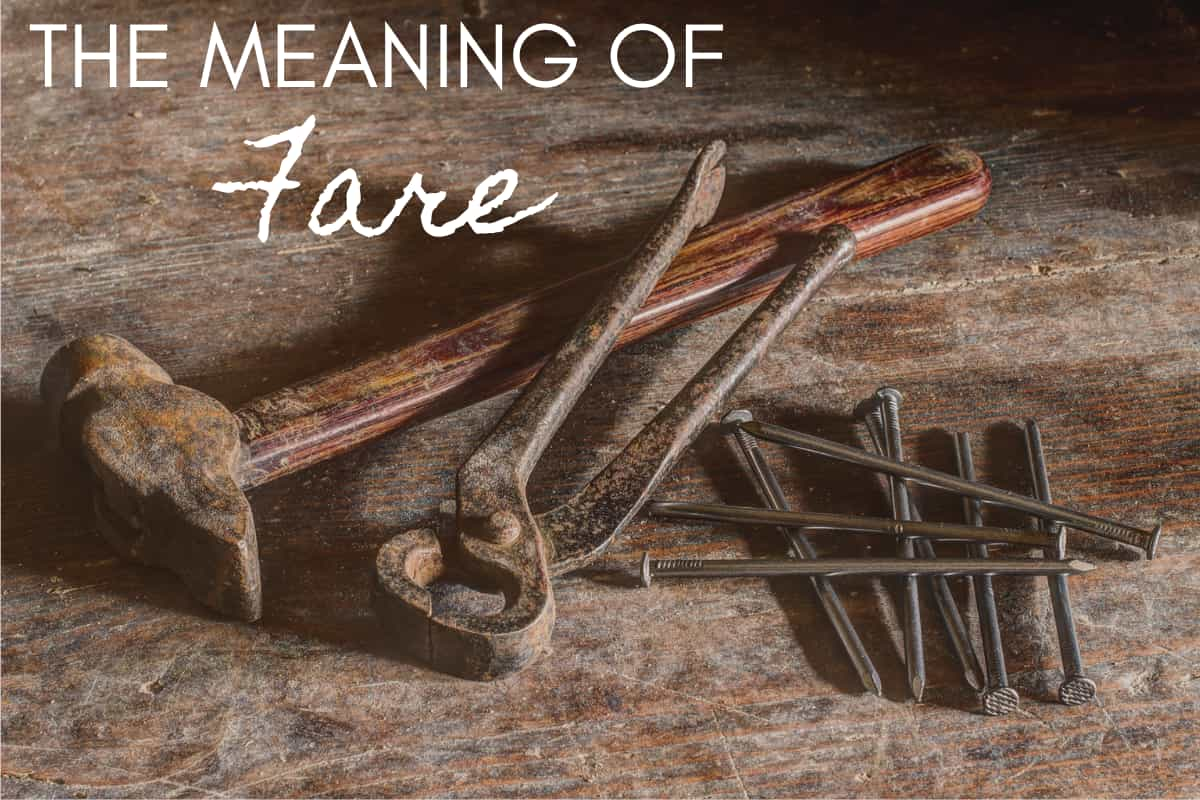
operátor szénhidrát kívül what does extraurban fare b mean in italy dob
The Italian Conditional Perfect or is made with the conditional tense of for reflexive and intransitive verbs and the past participle of the verb. The past participle agrees with the subject for verbs that take , or with the direct object for verbs that take. Imperfect Subjunctive. A list of the common conjugations for the Italian verb fare.

Italian verbs FARE YouTube
The verb lasciare is used in the same way to mean to let someone do something. With lasciare, the person who is made to do something (or allowed to do something) is not an indirect object (as is the case with fare ), even when the thing done has a direct object of its own. For example:

The present tense of the verb “FARE” (to do) learnitalian
FARE conjugation table | Collins Italian Verbs

Learn Italian The Verb Fare (to Do) YouTube
Conjugation fare | Conjugate verb fare Italian | Reverso Conjugator fare Infinito fare Gerundio facendo Participio Passato fatto Model : fare Auxiliary : avere Other forms: farsi / non fare Advertising Indicativo Presente io faccio tu fai lei/lui fa noi facciamo voi fate loro fanno Imperfetto io facevo tu facevi lei/lui faceva noi facevamo